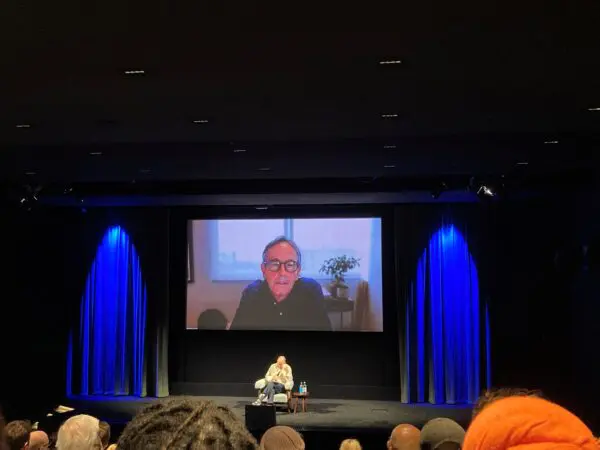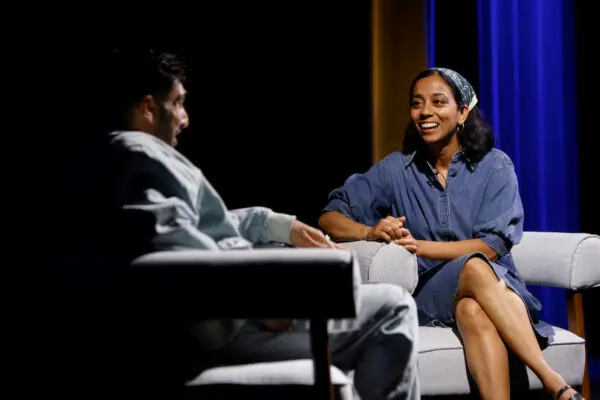James Rampton speaks to Hannah Pescod, producer of BAFTA-winning sitcom Rev.
Alfred Hitchcock, who was honoured with the BAFTA Fellowship, famously said that “the direction of the picture is in the script.” A view that is supported by the comedy scripts that were nominated at the 2016 British Academy Television Craft Awards. including the award-winning Catastrophe written by Rob Delaney and Sharon Horgan.
Hannah Pescod, producer of the BAFTA-winning sitcom Rev, was on the BAFTA awards jury and explains why Catastrophe was a triumph rather than a catastrophe in the judges’ eyes…
Pescod’s assessment is that the writers of Catastrophe nailed the extraordinarily difficult task of fashioning a first episode that is immediately engaging. She observes that “I love this show and watched both series religiously. We judged on the first episode of series one. First episodes are notoriously difficult as the writer has to establish the characters, the world and the situation. And in the case of comedy, it also needs to be very funny.
“This script was one of the best first episodes I’ve ever seen and achieved all of the above and more, in that it felt truly fresh as well as establishing very real, flawed characters who were also extremely funny and people that you wanted to spend more time with.”
Another comedy that continues to impress is Peep Show which, now in its ninth series, is still garnering BAFTA nods. The writing craft on the show by Jesse Armstrong and Sam Bain has always been strong, but if anything, as the years have gone by, it has become even stronger.
Pescod comments that “Armstrong and Bain draw their characters incredibly precisely, enabling them to take the show’s naturally loyal audience to brilliant farcical extremes because everyone feels they know the two main characters Mark and Jeremy so well.”
Meanwhile, Bain is proud to say that “Peep Show is original. There’s nothing else quite like it. It’s great fun to write because their inner thoughts give you the opportunity to make different jokes and play against their dialogue. It’s a wonderful tool.” He adds that the skilful editing of the show, ingenuously intercutting between the characters’ perspectives, has also contributed to its great success over the years.










